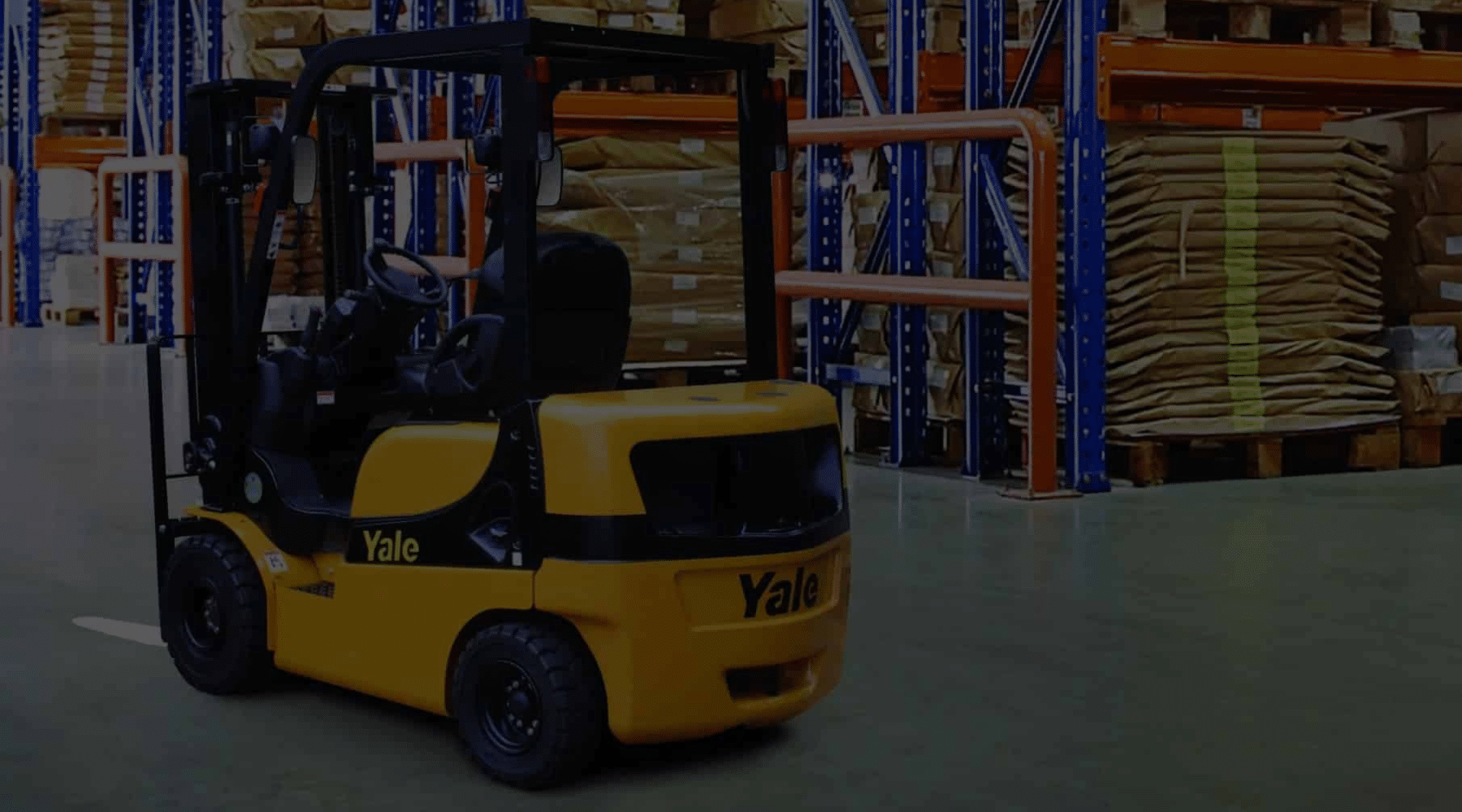Preventing Forklift Hazards in Your Warehouse
In NZ, Forklifts are an essential tool in many warehouses, allowing for the efficient movement of heavy loads over short distances. However, forklifts are dangerous if not operated properly or if proper safety protocols are not in place. As such, warehouse managers and workers must be aware of common forklift hazards in warehouses and take preventive measures to eliminate them.
Common Forklift Hazards in Warehouses
Blind Spots
Blind spots are another hazard that can make it challenging for drivers to see people or objects in their path, particularly when carrying full loads. Low visibility while operating a forklift can pose a risk to the driver and other workers in the area.
Uneven or Slippery Floors
One of the most significant warehouse forklift hazards is uneven or slippery floors. Slippery floors can cause forklifts to tip over or lose traction, leading to collisions or crashes.
Poorly maintained equipment
Forklifts that are not properly maintained are a common hazard. Worn or damaged tires, malfunctioning brakes, or faulty steering pose significant safety risks to drivers and other workers.
Pedestrian traffic
Pedestrian traffic in the same areas as forklifts can increase the risk of collisions and other accidents. It is crucial to designate separate walkways and traffic lanes and ensure workers are aware of these areas.
Preventative Measures You Should Take
Employ a Traffic Management Plan
Preventing forklift hazards in your warehouse requires a comprehensive traffic management plan that identifies potential risks and introduces safety measures to control or eliminate them. Forklifts can be challenging to maneuver and become deadly when pedestrians are involved.
Traffic management is a critical health and safety concern for businesses that use forklifts in their warehouses. By prioritizing traffic management, companies can effectively mitigate risks associated with forklift operations and create a safer working environment for everyone.
Enforce Warehouse Speed Limits
Excessive speed is a leading cause of forklift accidents in the workplace. Although forklifts can travel at speeds of up to 15km/h, drivers must operate at safe speeds based on the nature of the work. Therefore, the company must determine a reasonable speed limit for each specific work zone, considering
the associated hazards.
Keep a Tidy Warehouse
Mess is one of the biggest forklift hazards in a warehouse. Due to their mechanical design, forklifts can experience stability issues when operating on wet or uneven surfaces or making sharp turns. All staff must keep the work environment organized and tidy to prevent accidents.
Routinely Inspect Your Forklifts
Inadequate forklift maintenance is another leading cause of incidents in the workplace. Ensuring that all drivers inspect their forklifts daily is crucial, including checking tyre inflation, lifting mechanisms, and brakes and identifying any leaks or external hazards.
Create a Safer Warehouse with SG Equipment
Preventing forklift hazards in your warehouse is crucial for workers safety and business success. Warehouse managers and workers should be aware of common risks and take preventive measures to eliminate them.
As one of New Zealand leading forklift stores, SG Equipment has a range of forklifts to help your warehouse operations and the advice needed to ensure maximum safety. Get in touch today to find out more.
OUR PRODUCTS
CONNECT WITH US
CUSTOMER SERVICE
CONTACT US
Head Office: 09 268 4610
10 Marphona Crescent, Takanini,
Auckland 2105
PO Box 97156, Manukau City,
Auckland 2241
Te Puke Branch (07) 281 1870
6 Te Puke Quarry Road, Te Puke.
Open Mon-Fri 8am-6pm
Weekends & other times by appointment
SIGN UP TO OUR REGULAR EMAIL
Be first to know about our New & Used vehicles, our material handling solutions, and promotions.
© Copyright 2025 SG EQUIPMENT All Rights Reserved.



